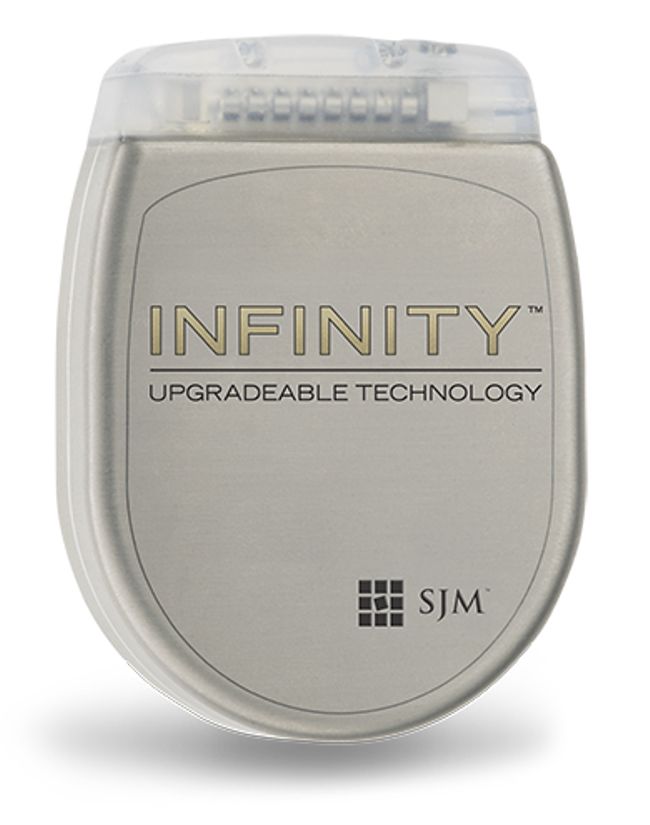
Image Credit: Abbott
Back in 2022, the FDA granted Abbott Breakthrough Device designation for deep brain stimulation (DBS) for treatment-resistant depression (TRD), a form of major depressive disorder. Now Abbott announced it has initiated a pivotal clinical trial, called the TRANSCEND study, to evaluate the use of the company’s DBS system to manage TRD.
Previous open-label studies exploring the use of DBS for TRD have shown at least a 50% sustained improvement in symptoms of depression for three out of four people over a period of two to eight years.
According to the announcement:
“The TRANSCEND (Treatment ResistAnt DepressioN Subcallosal CingulatE Network DBS) study is a prospective, multi-centered, double-blind, randomized and sham-controlled clinical trial. It will enroll 100 people, ages 22 to 70, who have failed a minimum of four different types of antidepressant treatments at up to 25 centers nationwide. Participants will be randomly assigned to either the treatment arm or control arm of the trial. Once a participant has received their Abbott DBS device, those in the treatment arm will have the system turned on while those in the control arm will not. Neither the participant nor the study researcher will know if their device has been turned on.
Once a participant has completed 12 months in the study, all participants will have their DBS system turned on and followed for an additional two years. The study’s success will be evaluated based on the number of months participants in the treatment group experience improvements in their Montgomery-Asberg Depression Rating Scale (MADRS) scores compared to those in the control group. MADRS is used to measure a person’s depression by looking at a range of symptoms, such as sadness, loss of appetite, trouble sleeping, as well as difficulty concentrating and starting or completing daily tasks.”
